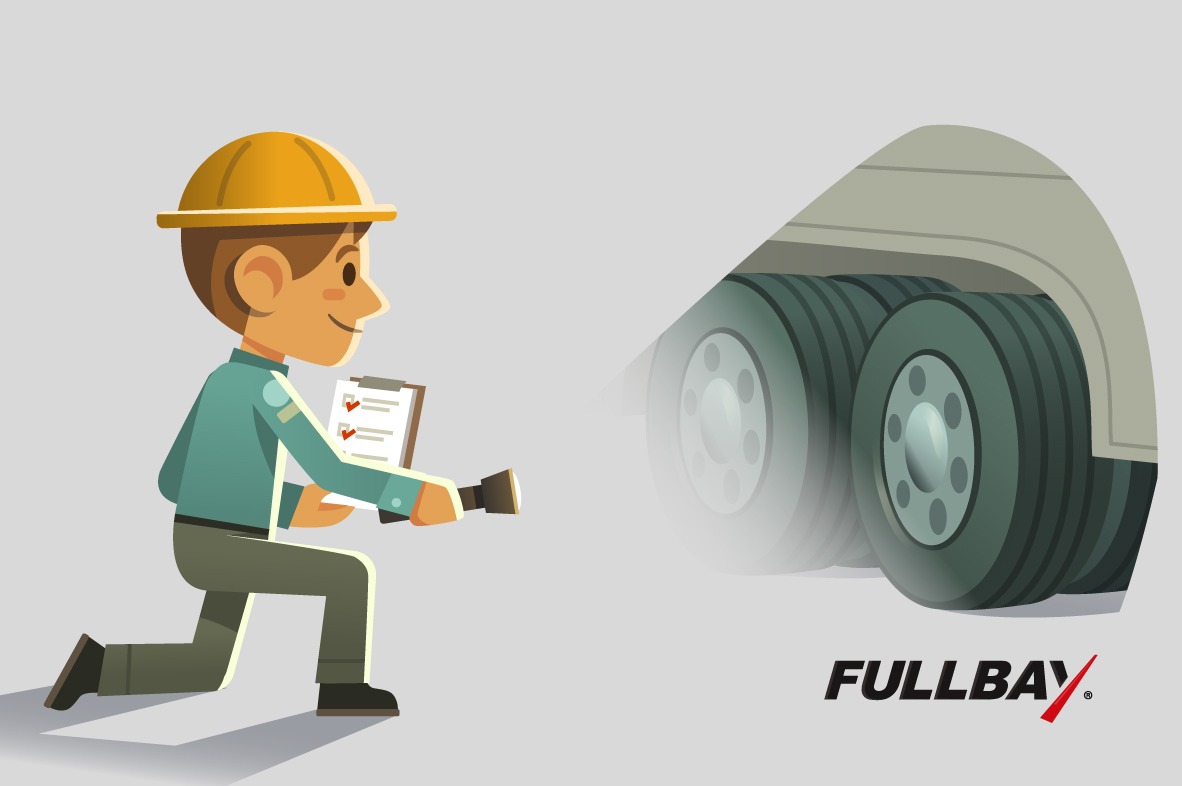3 Reasons You NEED to Track PMs for Your Customers

Tracking PMs is one of the great secrets of the most profitable shops. Preventive maintenance has to happen, and someone has to take charge of tracking it. Whether PMs are scheduled by time, mileage, or engine hours, staying on top of the task lets you forecast the downtime to minimize hassle. Tracking PMs and being proactive is a win for everyone. It means convenience and fewer headaches for your clients. Plus, it lets you control your shop instead of your shop controlling you.
1—Steady Business for Your Shop
You can’t build your shop off waiting for customers to have catastrophic failures. It’s simply not affordable to have techs standing around waiting for the next repair. Scheduling maintenance for customers keeps the work flowing no matter how many breakdowns are coming through the door.
What’s more, doing those PMs on a regular basis gives you the chance to identify potential problems before they become an issue. That helps customers avoid catastrophic failure and stay on the road, but it’s also a chance to upsell a repair. Boom—you just increased your profit again.
Tracking PMs for customers provides another bonus for your shop’s business. It practically guarantees you’ll be doing all the work on the trucks you track. That’s great for building your business; you won’t have to do much marketing because you’ll have all the work you can handle. Getting all the work on the same trucks means you’ll be aware of all the issues with them, including the maintenance and repair history, parts used, etc. You’ll develop an intimate knowledge of the units you consistently work on, making all future work you do on them easier.
When it comes to PMs, you don’t have to do everything in-shop, either. You can go mobile, dropping oil on 4 to 5 trucks in a client’s yard, and bang out several PMs at once around the customer’s schedule. With just one truck, one tech, and one fleet’s business, it’s possible to bring in up to $30,000/month.
2—Smaller Fleets Need Your Help
Smaller fleets make up the majority of trucks on the road, but they’re not so great at tracking PMs. To be fair, smaller fleets don’t have the resources to dedicate to a PM program. Even if someone starts a spreadsheet to help with tracking, it still takes time and dedication to keep them current, and they can get complicated fast. Consequently, lack of manpower and breakdown in procedure causes compliance issues. It’s been shown that smaller fleets have a larger percentage of trucks getting pulled out of service (OOS) due to maintenance issues. Additionally, the fatality rate increases as the OOS number goes up.
Though smaller fleets don’t typically have time for them, PM programs are required by U.S. and Canadian motor safety administrations. Part of complying with that requirement is evidence that the program is active, such as maintenance reports signed by a technician. Just one more task for an already over-tasked small fleet. Also, consider that small fleets that are behind on PMs have more instances of unscheduled repairs and unplanned downtime to fix those issues—and that cost more than PMs.
When you track PMs for customers, you offer them two major benefits. First, you help them get and stay compliant, as well as maintain data the FMCSA and DOT looks for. Second, you’ll keep them on the road and lower the cost of running their fleet. It all comes together to build a working relationship that benefits both sides.
3—It’s About More Than $$$
Sometimes, shops underestimate how valuable tracking PMs for customers is. They feel the need to offer an incentive, like giving a discount on labor rates across the board to fleets that agree to sign onto a PM program. However, you don’t have to compete with the quick lube-oil-filter companies. You’re offering something far more valuable than an in-and-out oil change. You’re offering to keep their fleets compliant and that keeps them and everyone else safe.
Think about the alternative: do you want to be driving on the freeway with your family next to a truck that’s not in compliance? According to recent FMCSA numbers, there were more than 4,500 fatalities in heavy-duty truck and bus crashes in 2016. While maintenance isn’t always the issue, it plays a part. Pre and post-trip inspections are supposed to catch safety and compliance issues, but they don’t always get done as thoroughly as they should. Shops are one of the last lines of defense. By tracking PMs for customers, you’re doing your part to keep trucks compliant and safer for everyone on the road. Yes, being a part of a PM program for small fleets can be profitable. However, it’s not all about the money. It’s also about keeping trucks safe on the road and reducing fatalities.
Starting a Profitable Service Tracking PMs
If you’re looking for a tool to get started tracking PMs for customers, Fullbay is your answer. It allows you to set up maintenance schedules for individual trucks based on mileage, timing, or engine hours according to when they’re typically in use, making scheduling downtime easier. It also builds reports and keeps track of truck history. What’s more, Fullbay’s customer portal gives your customers direct access to see all the data and schedules you’ve created for their trucks. And customers can access reports complete with tech signatures for safety inspections. To top it all off, your customers can even see all that info on their mobile devices anywhere, even on the side of the road when there’s an accident or breakdown. Want to get going? Fill in the form below and start your profitable PM service today.
